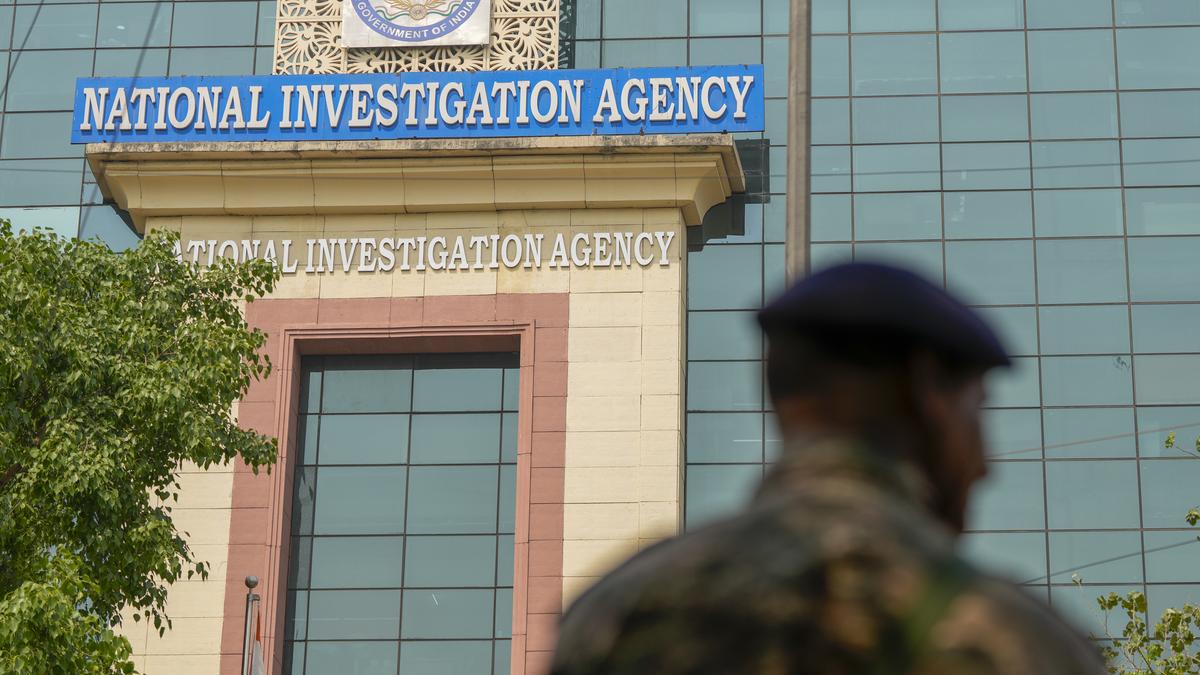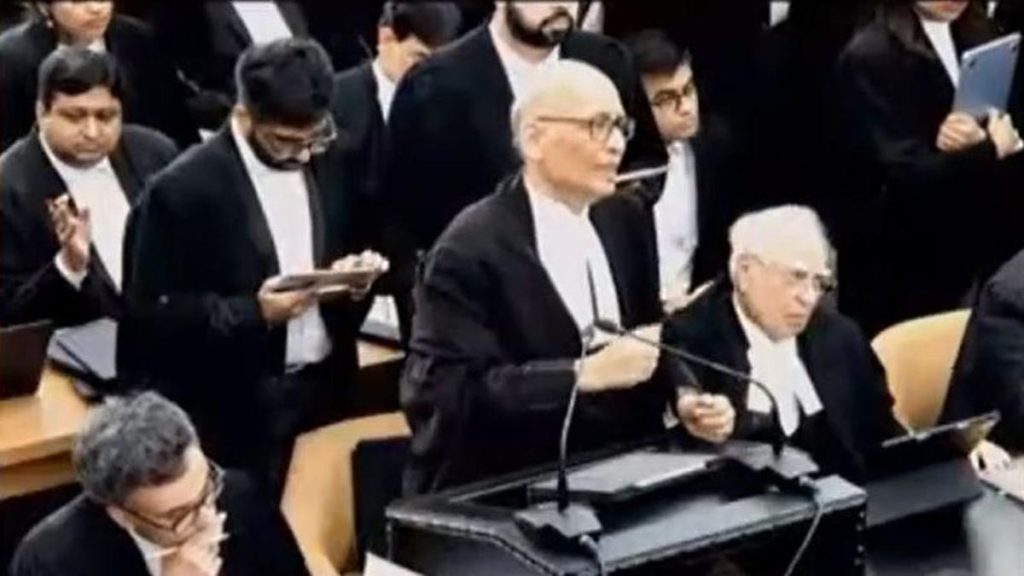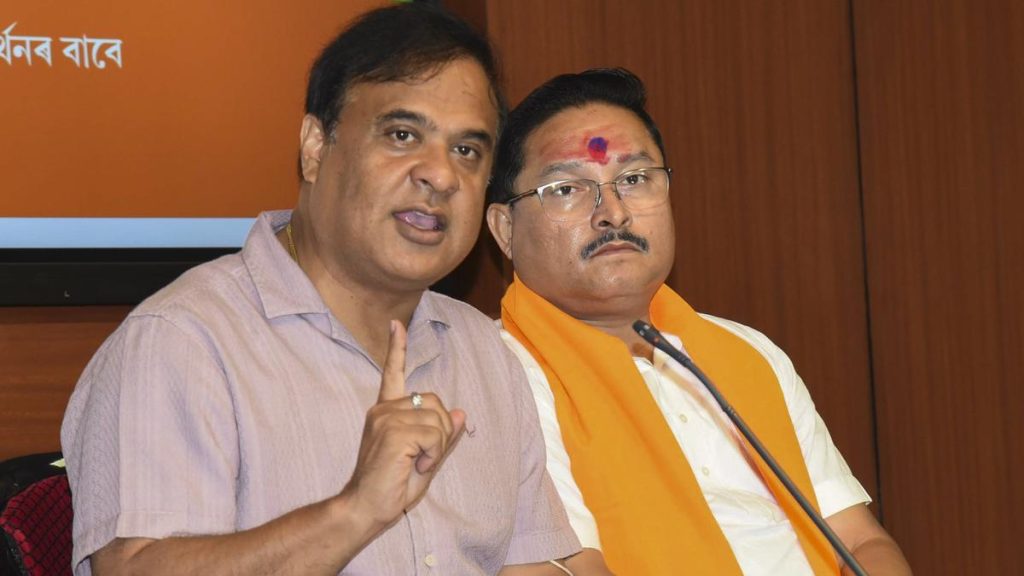Now Reading: NIA Arrests Psychiatrist, Policeman, and One Other in Prison Radicalisation Case
-
01
NIA Arrests Psychiatrist, Policeman, and One Other in Prison Radicalisation Case
NIA Arrests Psychiatrist, Policeman, and One Other in Prison Radicalisation Case

Quick Summary
- Incident: NIA arrested three individuals in connection with the Lashkar-e-Taiba (LeT) prison radicalisation case of 2023.
- arrests: Among those detained where Dr. Nagaraj (psychiatrist at Central Prison, bengaluru), Chand Pasha (City Armed Reserve ASI), and Anees Fathima (mother of an absconding accused).
- Search Locations: Searches were conducted across five locations in Bengaluru and Kolar districts, resulting in seizures of digital devices, cash, gold, and incriminating documents.
- Conspiracy Details:
– Arms and explosives recovered from habitual offenders allegedly plotting terror activities to further LeT’s agenda.
– Dr. Nagaraj suspected of smuggling mobile phones into prison for terror-linked convicts like T. Naseer.
– Anees Fathima allegedly channeled instructions between T. naseer and her son for raising funds.
– Chand Pasha reportedly used his position to pass information about convict transfers in exchange for money.
- Examination Status:
– Nine accused have been charge-sheeted under IPC sections, UA(P) Act, arms Act, Explosive Substances Act.
– efforts underway to track absconder Junaid Ahmed.
Indian Opinion Analysis:
This investigation underscores the challenge posed by radicalisation within institutional settings such as prisons – a space intended for reform but potentially exploited as a breeding ground for illicit activity by extremist groups like LeT. The alleged involvement of personnel entrusted with public safety-prison psychiatrists or law enforcement officers-raises significant questions regarding oversight mechanisms within sensitive institutions such as the Central Prison in Bengaluru.
The systematic planning suggested by evidence seized may indicate deeper vulnerabilities requiring attention at both state and national levels to mitigate internal security risks effectively. As investigations proceed further into this case involving high-risk networks operating covertly even when incarcerated or monitored closely, they may call for policy reassessments aimed at better counter-terror frameworks within prisons nationally.
India’s vigilance toward thwarting domestic threats while addressing complicity issues among institutional staff will likely draw broader discussion on enhancing checks against corruption or wilful negligence-a key factor required to uphold internal stability amid steadily evolving geopolitical dynamics.























